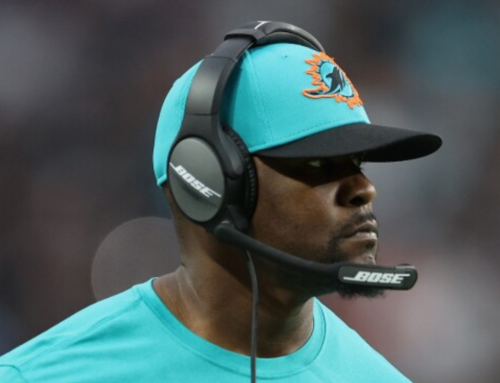Have you ever gotten the feeling that people raise an eyebrow when you speak up about diversity? Or do you feel like everyone is judging you when you want to hire a woman or person of color? If you are a woman or person of color, it turns out that your sneaking suspicion may be correct. You are getting judged for supporting other women and minorities.
In a series of studies (linked here), my colleagues and I found that women and minorities promote their own group it garners criticism from others. In our first study, we surveyed 350 executives on several diversity-valuing behaviors – e.g., whether they respected cultural, religious, gender, and racial differences, valued working with a diverse group of people, and felt comfortable managing people from different racial or cultural backgrounds. We defined diversity-valuing behavior as that which promotes demographic balance within organizations; so we also asked whether they hired and promoted minorities and women. Engaging in diversity-valuing behaviors did not benefit any of the executives in terms of improved boss-ratings of their competence or performance.
To replicate this effect, we asked 307 working adults to review a hiring decision made by a fictitious manager. Each participant saw a photo indicating the manager’s race and gender and was asked to evaluate the manager’s competence and performance on a survey that was similar to the one used in the previous study. We only changed one thing between the conditions – whether or not that manager chose to hire a white man or woman a nonwhite man or woman. Participants rated nonwhite managers and female managers as less effective when they hired a nonwhite male or female job candidate instead of a white male candidate. Similar to our first study, it didn’t matter whether white male managers chose to hire a white male, white female, nonwhite male, or nonwhite female—there was no difference in how participants rated their competence and performance. Basically, all managers were judged negatively if they hired someone who looked like them, unless they were a white man.
For all the talk about how important diversity is within organizations, white and male executives aren’t rewarded, career-wise, for engaging in diversity-valuing behavior, and nonwhite and female executives actually get punished for it. But, at the end of the day it is still good for business and the reality is that if I am not going to do it, who is? It might seem risky but the risks associated with having a homogenous and out of touch workforce are much greater so, I say, support diversity and if you see someone raising an eyebrow, send them this blog!










Leave A Comment